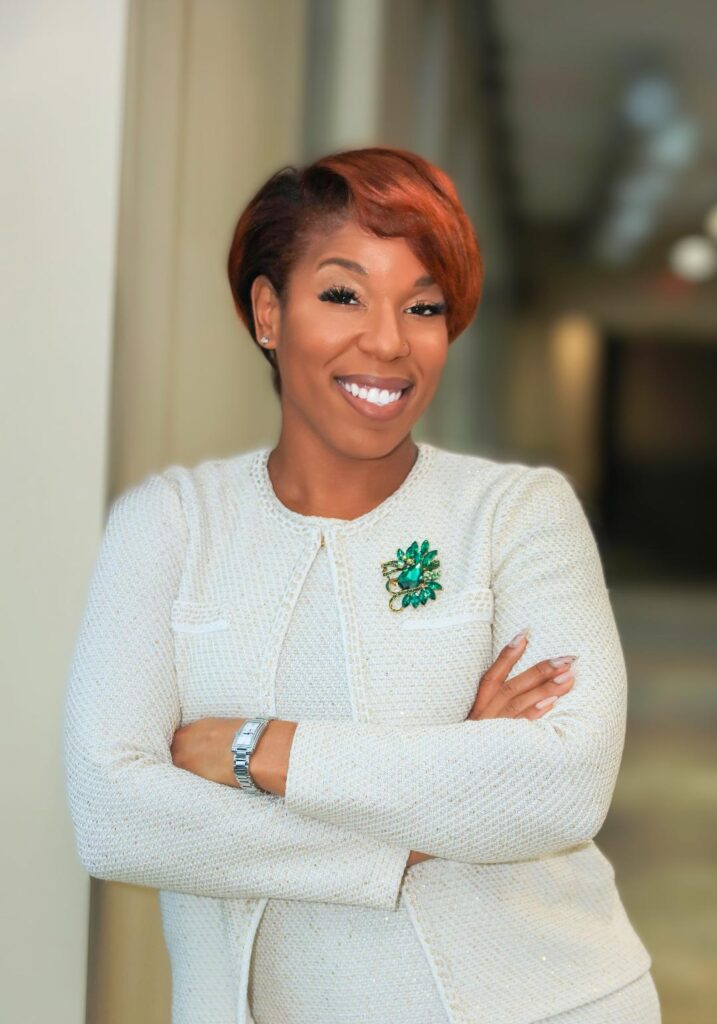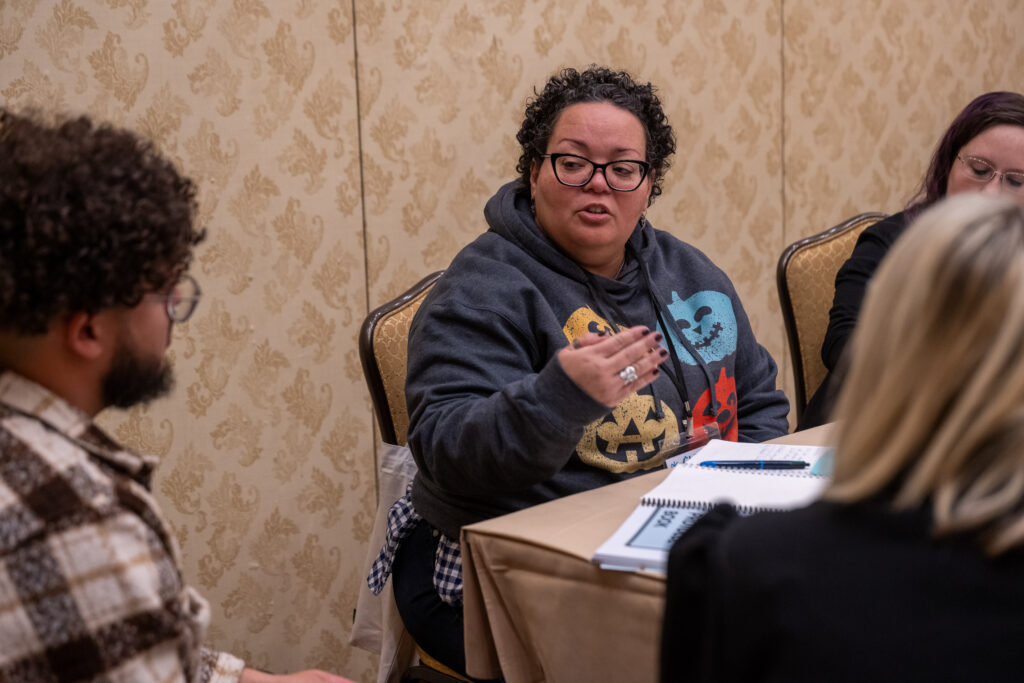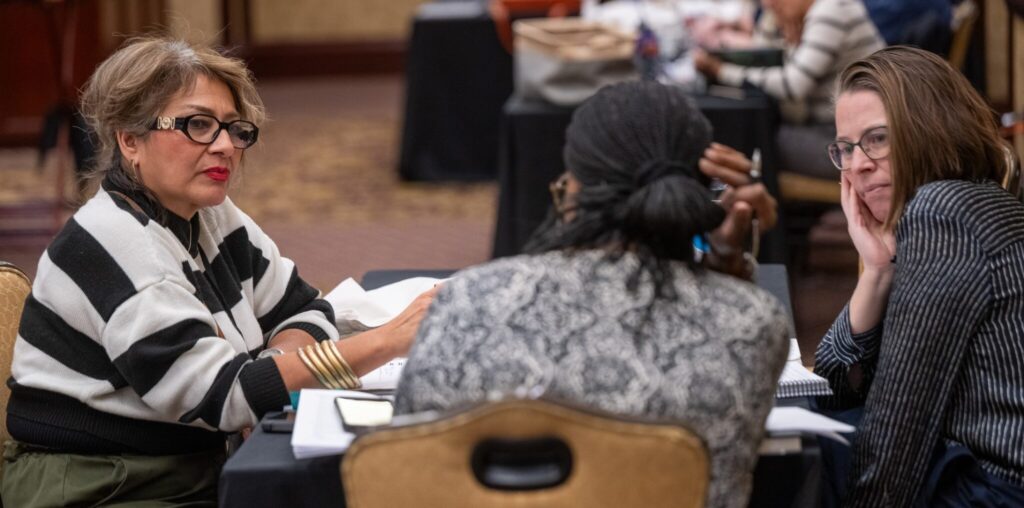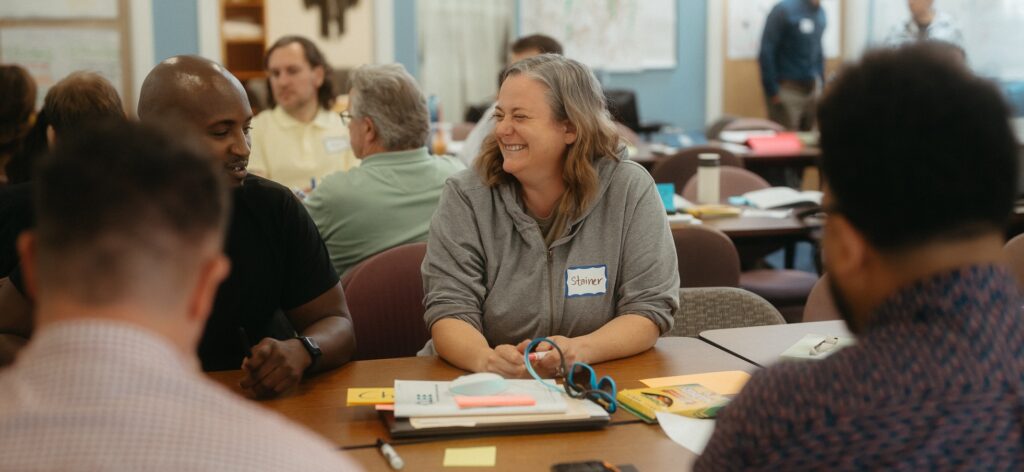Facilitator Training
You may know this as Reflective Learning Communities, Teacher Leader Training, Critical Friendship, Foundations in Facilitative Leadership, PLC Coach/Facilitator Training.
Overview
Facilitator Training builds capacity to lead adult learning and collaboration, with a focus on student impact. Participants explore their own biases and learn to create safe yet challenging spaces to support collaboration. They learn to place an emphasis on adult learning and become familiar with tools to take on difficult conversations.
Our Facilitator Training empowers participants to achieve what otherwise may feel impossible. Institute participants learn to create spaces to share best practices and engage colleagues to use collaborative tools to improve their organization. Participants are challenged to collaborate with colleagues to identify and implement improvements to increase equitable outcomes for students.
Participants Will Build Capacity to:
- Facilitate feedback rounds using protocols
- Use facilitation to support participant voice, student learning outcomes, and systems and structures
- Learn the knowledge, skills, and dispositions needed in leading a learning community
- Develop the capacity to use questioning as a tool to interrupt bias
- Give and receive feedback
- Select and use a variety of learning protocols
- Design an adult learning agenda
Who Is This For?
Facilitator Training is for educators and educational leaders who want to build their capacity to lead and collaborate with adults to impact student outcomes.
Typical Time/Scope
- Approximately 6-9 months
- Four to eight 3-hour facilitated sessions
Testimonials
”Talking about the art of facilitative leadership helped deepen my understanding of the ways that leadership style and leadership approach can strengthen or hinder the ways that individual skills of team members are leveraged, and that there is potential for team members to be overlooked or for their skills to be under-utilized or not utilized depending on the leader's approach. Especially when teams are diverse, it is important for leaders to take time to know what each individual brings and has to offer, many times those of non-dominant identities will have skill sets overlooked.
Participant Reflection
Get More Information
Learn to Create an Environment that Supports Collaboration




